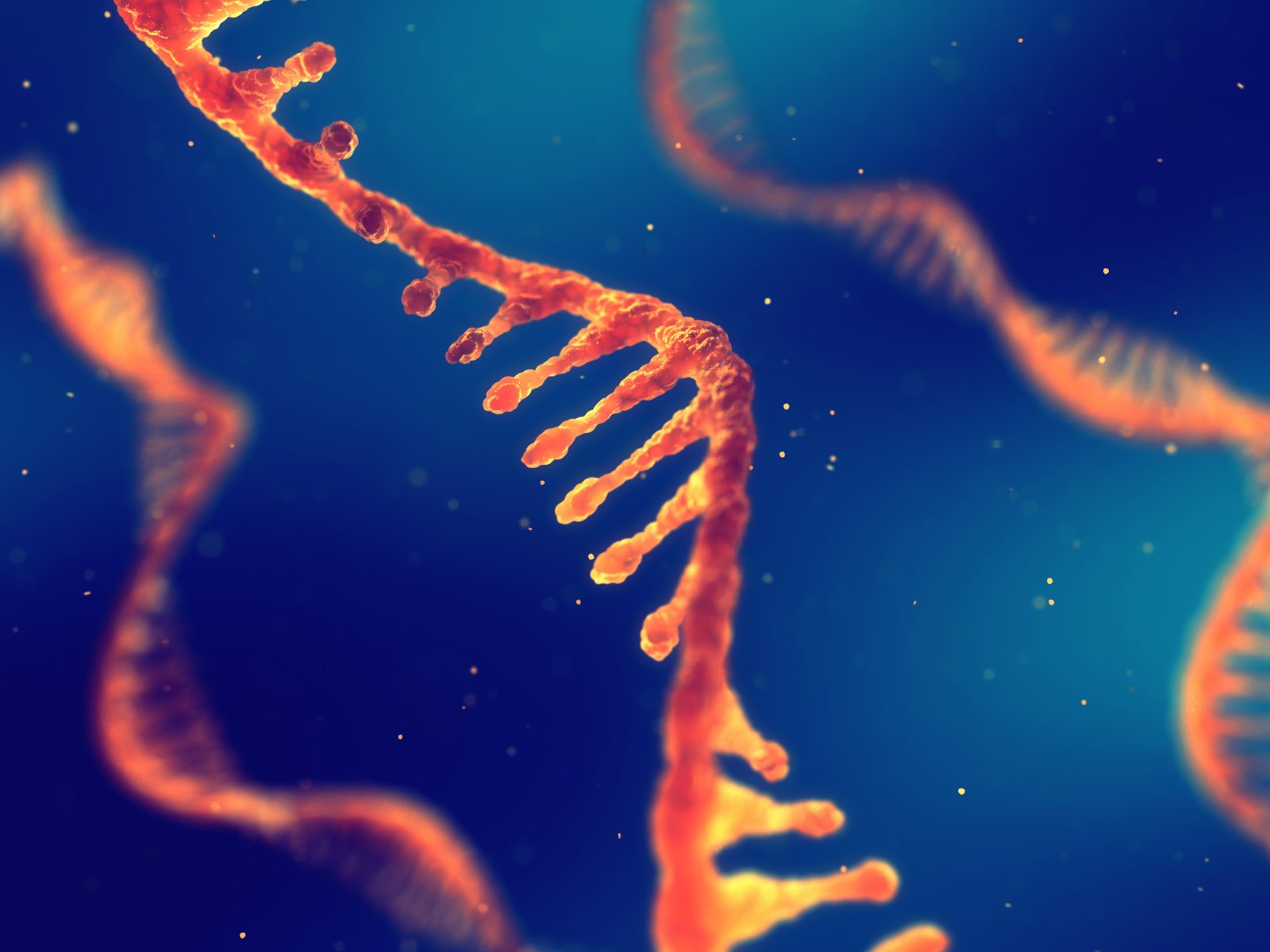
Ruminants, Moon Watchers Bedevil Darwin
On today’s ID the Future host Andrew McDiarmid brings listeners a couple of fascinating recent articles from Evolution News & Science Today by David Coppedge. The first is “Animals Tune Behavior by Lunar Cycle; but How?” The second article is “Darwin, We Have a Problem: Horse Teeth Are Not Less Evolved.” In the first, some ingenious molecular engineering crops up in widely divergent creatures, giving them some impressive abilities to read lunar cycles. The evolutionists’ go-to explanation is “convergent evolution,” an incantation that fails to explain how something like this could have evolved even once, much less multiple separate times. And in the second, a much-beloved story of ruminant tooth evolution gets a kick in the teeth from a series of uncooperative facts, not least of which are the teeth of a famous non-ruminant, the horse.

